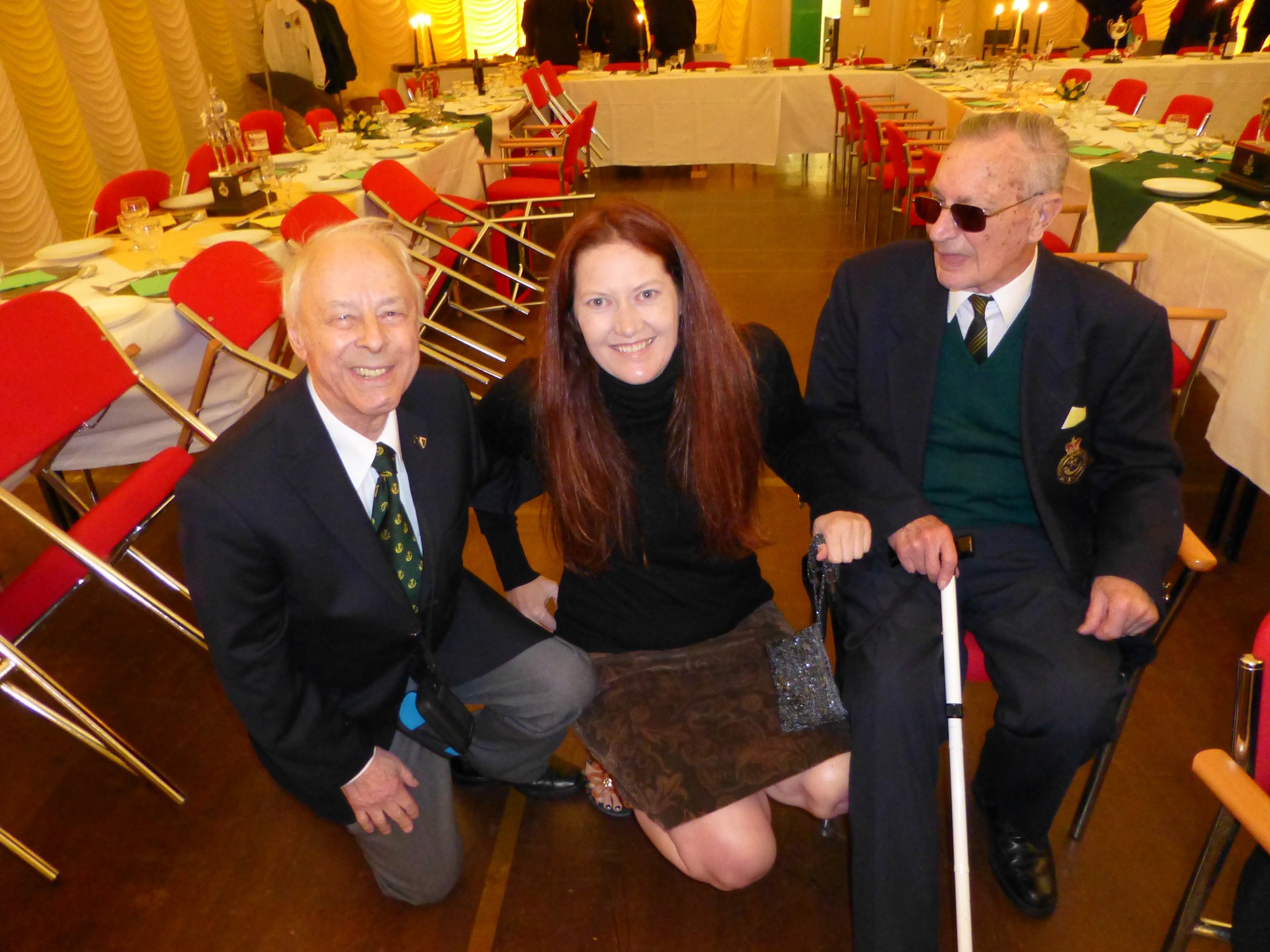Sherwood Rangers
Lorem ipsum dolor sit amet, consectetuer adipiscing elit. Aenean commodo ligula eget dolor. Aenean massa. Cum sociis Theme natoque penatibus et magnis dis parturient montes, nascetur ridiculus mus. Lorem ipsum proin gravida nibh vel velit auctor aliquet. Aenean sollicitudin, lorem auci elit consequat ipsutissem niuis sed odio sit amet nibh vulputate cursus a sit amet. Aliquam lorem ante, dapibus in, viverra quis, feugiat a, tellus

